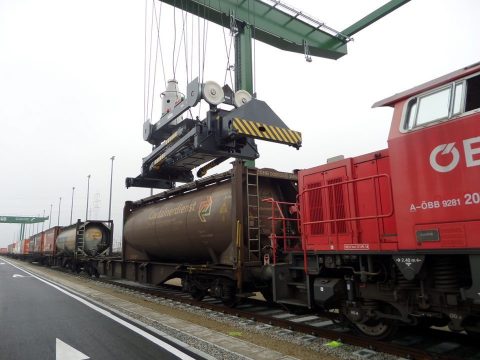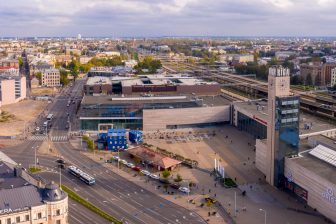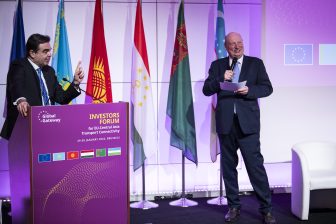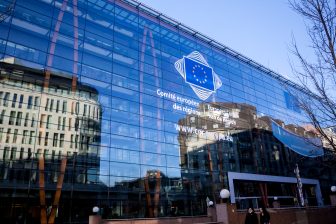
Rail Forum Europe demands urgent freight solutions
The ‘time is up for self-pity’ in the rail freight industry, and fast solutions then actions are needed now – that’s the stark message from an influential European rail pressure group. Adequate framework conditions should be put in place for rail freight to unleash its enormous potential and increase its attractiveness to customers was another key message to come out of a special freight event of the Rail Forum Europe (RFE).
The RFE comprises members of the European Parliament and rail sector representatives who highlight key industry issues, and around 60 people met in Brussels to focus solely on the challenges facing the freight sector in Europe today.
Radical measures
Michael Cramer, Chairman of RFE, said: “Like it or not, the world is changing at very high speed and stakeholders should take radical measures to make rail freight an attractive solution. European and national authorities as well as operators, infrastructure managers and industry should all play on the team.
“Other transport modes are not waiting, why should rail freight? The time is up for self-pity; today we want to hear solutions, tomorrow we want to see action, and the day after tomorrow we want to benefit from the results.”
Stagnating share
Sylvie Charles, CEO of the French SNCF Logistics Rail & Intermodal Division, highlighted the imbalances that European rail freight undertakings suffer from under the present regulatory framework across Europe and the consequent stagnating share of rail freight.
“Over the past years there has been strong progress in terms of productivity improvements and customer-focused services in the context of an open rail freight market,” she said. “Despite the sector’s efforts, the competitiveness of the rail freight is still facing critical hurdles including the lack of a level playing field with road and cost-intensive regulatory requirements for rail freight undertakings.”
Last-mile infrastructure
A customer’s perspective on freight was provided by Pauline Bastidon of the European Shippers’ Council: “Many customers would love to make more use of rail freight, but rail freight needs to deliver in terms of reliability, cost-attractiveness, speed, and flexibility. Ensuring that customers have access to the rail network by investing in last-mile infrastructure is also key.”
Concerns were also aired by Paul Hegge, Head of Public Affairs for B Logistics, one of Belgium’s main rail freight transporters. He said: “Public budgets and European taxpayers cannot afford to finance all the rail infrastructure upgrades that society and the economy need. Consequently, regulatory framework conditions must be created to enable private capital to invest in rail infrastructure.”
Matthew Baldwin is Deputy Director General of DG Move, the transport implementation policy arm of the European Commission (EC). He said that work being done by the EC to improve conditions for rail freight, including implementation of the 4th Railway Package, the deployment of ERTMS and policies for reducing noise, demonstrated freight was ‘high’ on the Commission’s agenda: “The development of rail freight remains a top priority for the European Commission, in the context of transport decarbonization and of the implementation of the 2011 Transport White Paper,” he said.
Presentations from the event can be downloaded from the RFE website.





